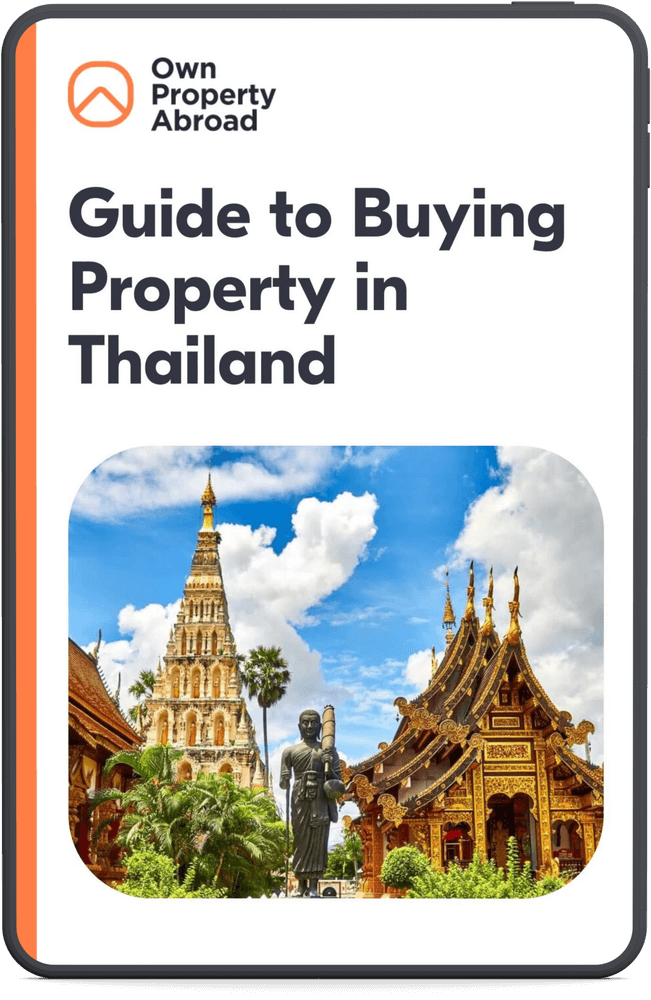Thailand’s strategic shift in economic focus
The LTR visa program was created out of necessity during the COVID-19 pandemic when a sharp decline in tourism exposed the vulnerabilities of Thailand’s economy. The Thai government crafted this program to attract not only tourists but also long-term residents who could contribute to the country’s economic diversity and resilience. The LTR visa targets four main groups: highly skilled professionals, work-from-Thailand professionals, wealthy global citizens, and wealthy pensioners. Each group brings a unique set of skills, investments, or economic benefits to Thailand.
LTR visa comes with numerous benefits for foreigners
The LTR visa is a great option for those who want to live and work in Thailand for an extended period of time. It comes with many benefits, such as a renewable 10-year visa, exemptions from various immigration regulations, significant tax benefits, relaxed reporting requirements, and a waiver of the re-entry permit requirement. These perks make it an attractive option for people who want to relocate to Thailand for work, retirement, or lifestyle choices.
What Thailand’s LTR visa means for foreign real estate investors
The LTR visa program in Thailand provides an opportunity for foreign real estate investors to simplify the process of obtaining residency and make investing in Thai property more attractive. This visa allows professionals and retirees to plan for longer stays, leading to increased investment in housing and greater participation in the local economy. The influx of international talent and capital is expected to boost property values and demand, especially in areas popular among expatriates and near business hubs.
Economic and real estate prospects
Since March 2024, the LTR program has received approximately 7,000 applications, which indicates that it is quite popular. The Board of Investment (BOI) has estimated that every LTR resident has the potential to contribute at least ฿ 1 million ($29,740) annually in domestic spending, not including investments in real estate and other sectors. This infusion of money is expected to create a thriving community of foreign professionals and retirees, offering a host of lucrative opportunities for real estate developers and investors.
The influx of affluent and skilled expatriates in Thailand is expected to have a positive impact on the local talent pool. This is likely to create a ripple effect, which could stimulate the development of new industries in the country. This approach is similar to the one adopted by Singapore, which has successfully attracted a vast network of international businesses and professionals through similar initiatives.
Thailand’s LTR visa is not just a residency permit; it also serves as a gateway for foreign professionals and investors interested in exploring the opportunities within Thailand’s growing economic landscape. If you are considering investing in real estate, now might be the perfect time to act. You can leverage the potential for growth and enjoy the improved living and working conditions promised by the LTR visa.







